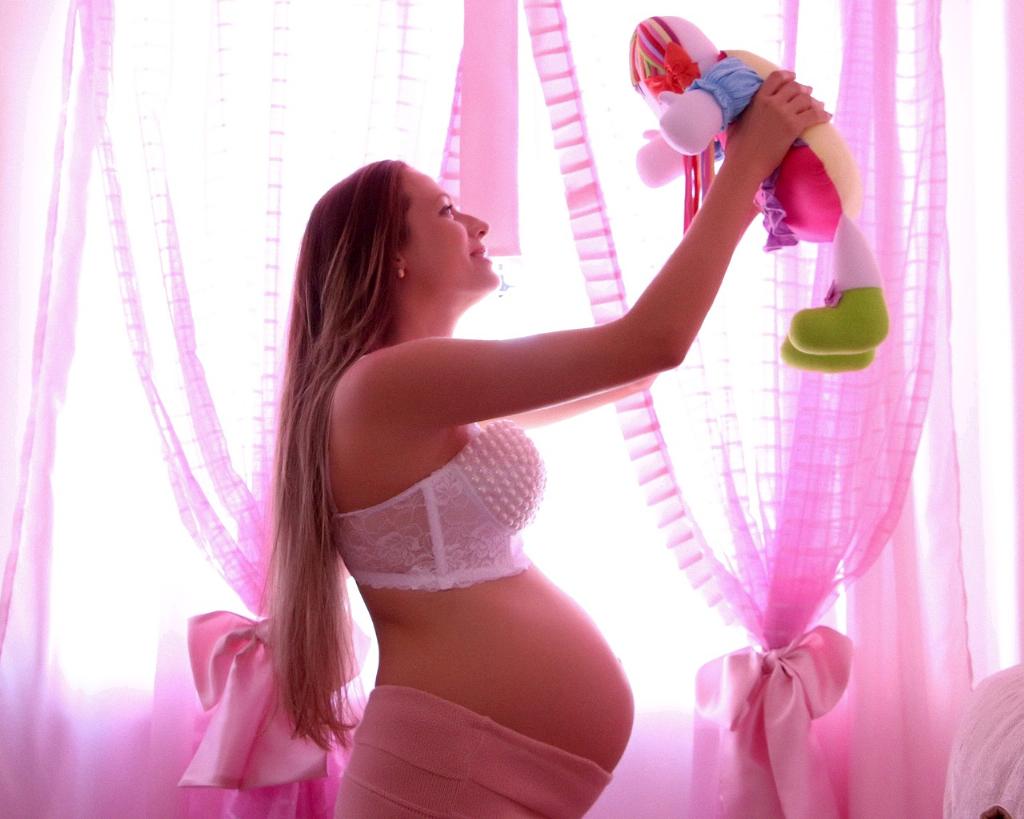One of the most common questions that individuals who suspect they might be pregnant have is when is the best time to take a home pregnancy test. The answer to this question is crucial in obtaining accurate results and providing peace of mind or guidance to those who are eager to confirm their pregnancy status.
It is essential to note that home pregnancy tests are designed to detect the presence of the hormone hCG in urine, which is only produced during pregnancy. Thus, the accuracy of the test results heavily depends on the concentration of hCG in the urine sample.
The general recommendation is to wait until after your period is late to take a home pregnancy test. By this time, if you are pregnant, the levels of hCG in your urine should be sufficient for detection, leading to more accurate results. Testing before your missed period can often yield false negatives due to low hormone levels.
Missing a period can be a significant indicator of pregnancy, prompting many individuals to take a pregnancy test. If you suspect you might be pregnant, it is advisable to take a test as soon as possible after your missed period. Early detection can provide you with timely information and help you make necessary decisions.
For individuals with irregular menstrual cycles or those who find it challenging to track their periods accurately, determining the best time to take a home pregnancy test can be more complex. In such cases, it may be beneficial to wait a few extra days after your period is due to increase the accuracy of the test results.
Factors such as the sensitivity of the pregnancy test and the time of day the test is conducted can also influence the accuracy of the results. Most home pregnancy tests claim to provide accurate results on the first day of a missed period or shortly after, but waiting a few days can enhance the reliability of the outcome.
It is essential to follow the instructions provided with the pregnancy test kit carefully to ensure accurate results. Factors such as the duration for which the test strip should be immersed in urine and the waiting time for results can impact the test outcome. Adhering to the guidelines can help minimize errors and misinterpretations.
While home pregnancy tests are convenient and readily available, it is important to remember that they are not infallible. In some cases, false positives or false negatives can occur due to various factors, such as improper usage of the test, underlying medical conditions, or medications that may interfere with the results.
If you receive a positive result on a home pregnancy test, it is advisable to confirm the results by scheduling an appointment with a healthcare provider. Medical professionals can conduct further tests, such as blood tests or ultrasounds, to provide definitive confirmation of pregnancy and offer guidance on prenatal care.
Conversely, if you receive a negative result on a home pregnancy test but continue to experience pregnancy symptoms or suspect you might be pregnant, it is recommended to retest after a few days or consult with a healthcare provider for further evaluation.
In conclusion, the best time to take a home pregnancy test is after your period is late, as this increases the likelihood of accurate results due to higher levels of hCG in urine. Timely testing, following instructions carefully, and seeking medical guidance when needed are crucial steps in ensuring reliable outcomes and paving the way for appropriate next steps in your pregnancy journey.

